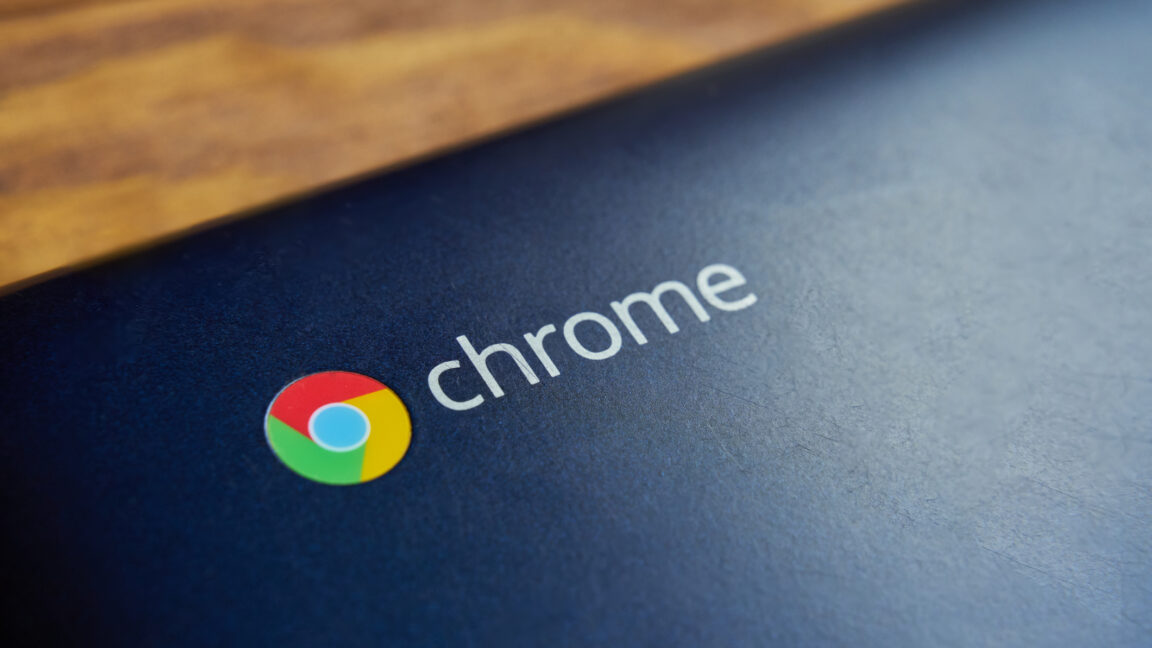
Preferred by 61 percent of Internet users, Google’s Chrome browser plays too big a role in maintaining the tech giant’s search monopoly, the US Department of Justice has reportedly decided.
On Monday, people familiar with the matter told Bloomberg that top antitrust officials are planning to ask the court on Wednesday to order Google to sell off Chrome. In addition to banning Google’s exclusive default deals, cutting off Google’s control of the world’s most popular browser may be necessary, sources suggested, to level the playing field for rivals.
Additionally, the DOJ intends to ask for a range of other remedies, Bloomberg reported, all of them discussed in a court filing last month. These include imposing data licensing requirements and requiring more transparency for advertisers on where their ads appear, as well as requiring “measures related to artificial intelligence and its Android smartphone operating system,” sources said. Those measures will likely stop Google from hoarding user data for both search results and AI products, with the DOJ seemingly paving the way for more users to opt their content out of AI training.
Notably, the DOJ will reportedly not push for Google to sell off Android, sources said, which was considered “a more severe option.” Instead, the DOJ apparently wants Google to “uncouple its Android smartphone operating system from its other products, including search and its Google Play mobile app store, which are now sold as a bundle,” sources said.
Google still plans to appeal the ruling, hoping to avoid massive changes to its core business. The search company’s vice president of regulatory affairs, Lee-Anne Mulholland, told Bloomberg that the DOJ “continues to push a radical agenda that goes far beyond the legal issues in this case.” She warned that “the government putting its thumb on the scale in these ways would harm consumers, developers and American technological leadership at precisely the moment it is most needed.”
It’s possible that the DOJ will seek an order requiring Chrome to be spun off but won’t actually ever pursue that remedy. Sources told Bloomberg that the DOJ may reserve that “option” to be used only if other non-structural remedies fail.
The strategy could help the DOJ succeed in its appeal, depending on how the court views the recommended breakup. In a statement, Adam Kovacevich, the founder and CEO of a trade group representing Google and other Big Tech companies called Chamber of Progress, noted that the DOJ could risk losing the appeal if the court finds the recommended remedies are too “broad.” That’s what happened in the Microsoft case in 2001, Kovacevich said, while accusing DOJ’s antitrust chief Jonathan Kanter of being driven to demand broad remedies by his “ego.”
